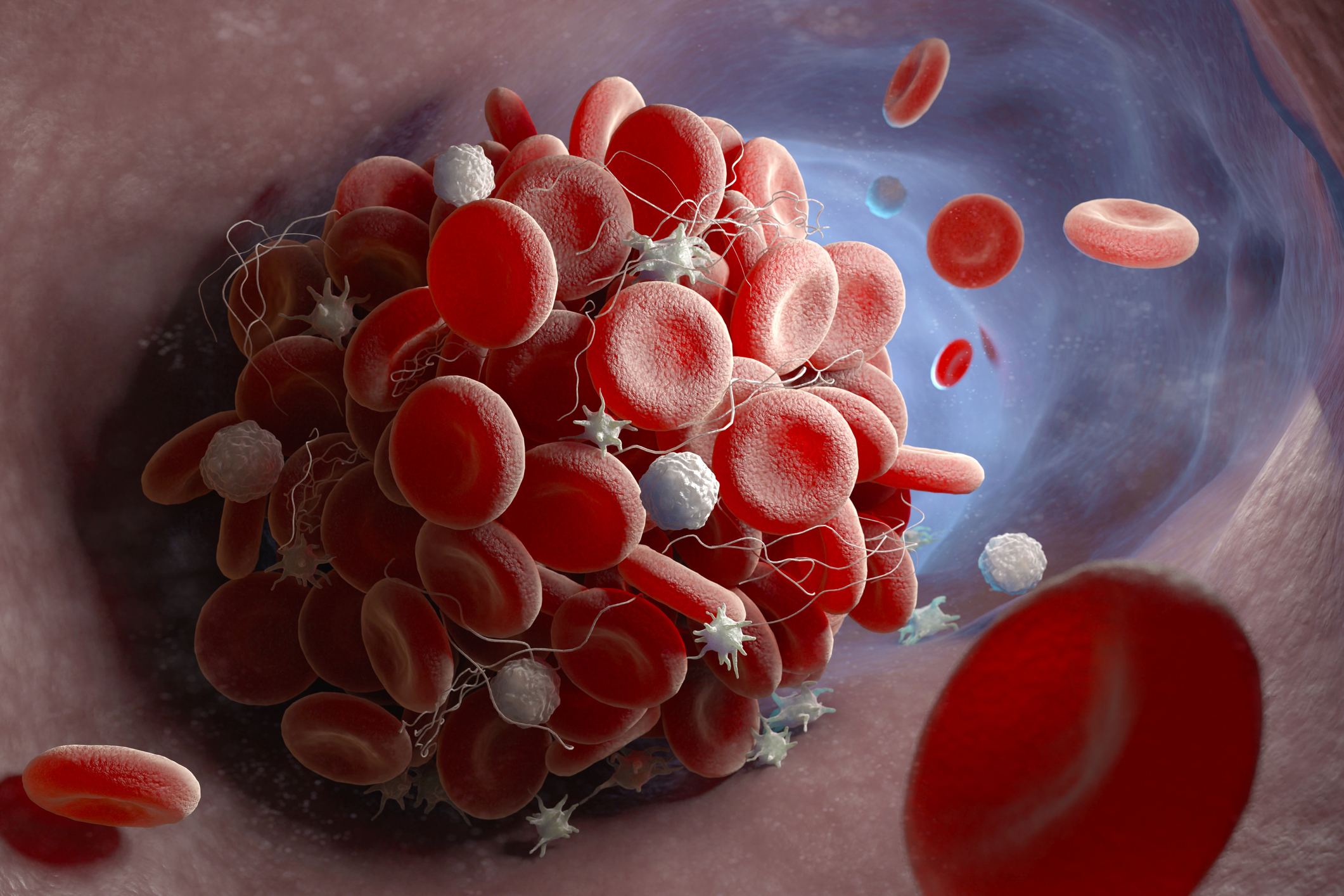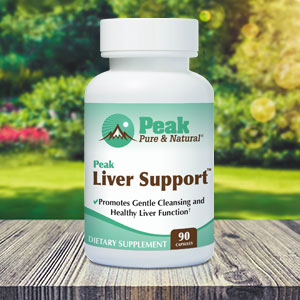Get Easy Health Digest™ in your inbox and don’t miss a thing when you subscribe today. Plus, get the free bonus report, Mother Nature’s Tips, Tricks and Remedies for Cholesterol, Blood Pressure & Blood Sugar as my way of saying welcome to the community!
The hazard that increases stroke risk in just five days

Air pollution can wreak havoc on a lot more than your respiratory system.
Research has linked chronic exposure to ozone air pollution with progressive thickening of the carotid arteries that supply blood to the head and neck, as well as a higher risk of carotid plaque. This plaque can lead to cardiovascular issues like heart attack and stroke.
But that’s only if they’re exposed over long periods of time, right?
Wrong. Turns out that for one health problem, it may not take long at all….
Stroke in a matter of days?
Researchers reviewed 110 studies that included over 18 million stroke cases, looking at the effects of short-term exposure to gaseous pollutants such as nitrogen dioxide, ozone, carbon monoxide and sulfur dioxide.
The researchers also looked at several different sizes of particulate matter, including PM1, air pollution that’s less than one micron in diameter, PM2.5 and PM10. PM2.5 and smaller particulates include motor exhaust, powerplant fuels and forest and grass fires, while PM10 includes particles like dust from roads and construction sites.
Results showed higher concentrations of nitrogen dioxide raised stroke risk by 28 percent, carbon monoxide by 26 percent, sulfur dioxide by 15 percent and ozone by five percent. Two of these pollutants also affected risk of death by stroke, with nitrogen dioxide linked to a 33 percent increase and sulfur dioxide to a 60 percent increase.
When breaking down how different sizes of air pollution impacted stroke risk, researchers found PM1 particulates were linked to a nine percent higher risk, PM2.5 to a 15 percent higher risk and PM10 to a 14 percent higher risk.
All of that is worrisome enough. But the real kicker is, this study was not conducted over weeks or months of exposure — it was conducted over a five-day period. That means air pollution exposure may increase your risk of stroke in as little as 5 days!
The study’s authors note that most of the studies included in the analysis were conducted in high-income countries. They say more research is needed in lower-income countries to understand the effects of air pollution on the health of people there.
Dealing with air pollution
The problem with air pollution is it’s almost impossible to escape. Everything around us, both indoors and out, is constantly generating gases and particles that end up in the air and our bodies.
There are things you can do to reduce your exposure. Pay close attention to air quality alerts in your area and try to minimize your time outdoors on days when ozone or particulate matter levels are especially high. If you must go outside during those times, wear a N95 mask to protect yourself.
Indoors, dust and vacuum frequently to remove as many particulates from the carpeting, upholstery and drapes as you can. And make sure to have plants around; they can help filter some pollutants out of the air.
If you decide to buy an air filter for your home, make sure you choose one that can handle ozone as well as particulates. Air filtration systems using activated carbon particle filters or photoelectrochemical oxidation can address both these air pollutants.
You can even combat air pollution through nutrition. One study shows participants taking B vitamin supplements were able to almost completely reverse the pollution damage caused to their immune and cardiovascular systems.
Another indicates older women who eat one to two servings of fish per week get enough omega-3s to counteract the negative impact air pollution has on the brain.
Vitamin D is also important for heart health, as it increases the level of nitric oxide in your blood to regulate blood flow and support normal blood pressure. It also can lower the levels of oxidative stress in the cardiovascular system caused by air pollutants.
Editor’s note: There are perfectly safe and natural ways to decrease your risk of blood clots including the 25-cent vitamin, the nutrient that acts as a natural blood thinner and the powerful herb that helps clear plaque. To discover these and other secrets of long-lived hearts, click here for Hushed Up Natural Heart Cures and Common Misconceptions of Popular Heart Treatments!
Sources:
Air Pollution Exposure May Lead to Increased Risk of Stroke Within Five Days — Integrative Practitioner
Short-term Exposure to Air Pollution and Ischemic Stroke: A Systematic Review and Meta-analysis — Neurology
Omega-3 fats – Good for your heart—MedlinePlus














